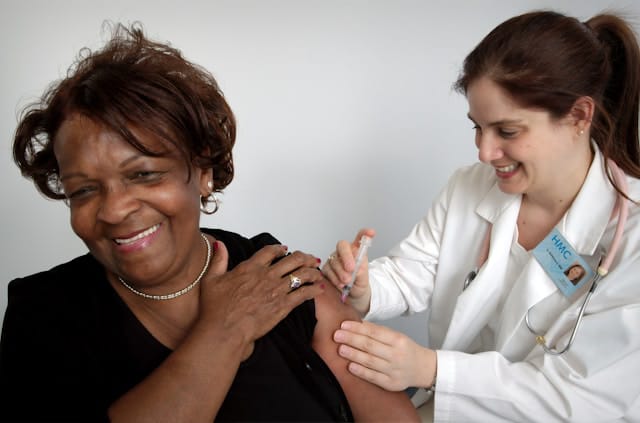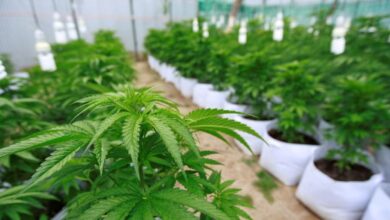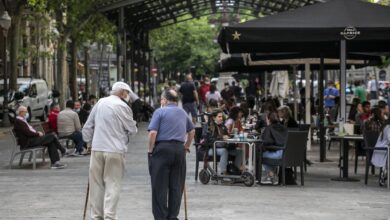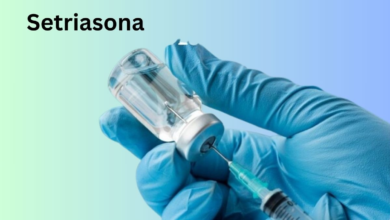A Lifeline for Seniors: Exploring the Importance of Remote Monitoring Assistance

It is more crucial than ever to care for the health and well-being of the aging population. Remote monitoring becomes indispensable, giving elderly people the support they need to keep their independence and get medical attention when they need it. This article will examine five things in detail to examine the importance of remote monitoring for elders.
1. Enhanced Safety and Emergency Response
With features like fall detection, emergency alerts, 24/7 monitoring, customizable alerts, location tracking, two-way communication, integration with home security systems, backup power and connectivity, and user-friendly interfaces, remote monitoring systems for seniors greatly improve safety and emergency response. Seniors and their families can feel more at ease knowing that aid is always accessible in an emergency because of the round-the-clock monitoring and instant assistance that is just a button push away. With the complete safety net that these systems offer, seniors may age in place and retain their freedom, knowing that emergency personnel and caregivers are ready to act swiftly and decisively in the event of an emergency.
2. Increased Independence
By enabling seniors to age in place, lowering their need for caregivers, and giving them access to healthcare services from the comfort of their own homes, remote monitoring systems enable seniors to preserve their independence. Seniors may take proactive control of their health while still having access to help when required, thanks to features like fall detection, emergency alerts, and individualized care plans with early intervention capabilities. In addition to improving the autonomy and well-being of elders, this greater freedom gives caregivers peace of mind since they know their loved ones are supported and watched over even when they are not physically there. In general, seniors who use remote monitoring benefit from a greater quality of life as it allows them to live in a place with dignity and independence while still receiving the support and support necessary to thrive in later life.
3. Support for Aging in Place
Aging in place is made easier by remote monitoring systems, which let older adults live freely in their own homes and yet get the assistance and care they need. With the help of features like activity tracking, medication reminders, and emergency alerts, seniors can stay in touch with their healthcare providers and support systems while retaining their dignity and autonomy. Remote monitoring solutions enable seniors to age in place with confidence by encouraging independence, lowering stress and anxiety related to relocating to new places, and providing individualized assistance and care plans. Furthermore, these systems offer affordable care options, assistance for caregivers, and at-home access to healthcare services, all of which enhance seniors’ general well-being and quality of life as they age.
4. Mental Tranquility
Seniors and their families may rest easy knowing that their health is being watched over and help is on hand when required, thanks to remote monitoring. In addition, the emergency response capabilities of remote monitoring systems provide seniors with comfort by guaranteeing prompt assistance in the event of falls or other emergencies, so augmenting their feeling of safety. Family members who may live far away might also feel at ease because they can monitor their loved one’s health remotely and get notifications if something goes wrong. Remote monitoring technology gives seniors the freedom to be independent. It gives their family peace of mind and confidence in their continuous well-being by creating a sense of safety and support. In the end, seniors and their families enjoy a higher overall quality of life because of the peace of mind that remote monitoring offers, which fosters confidence and security in the face of future health issues.
5. Early Detection of Cognitive Decline
Remote monitoring systems are essential for the early detection of cognitive decline because they track changes in behavior and activity levels, facilitate cognitive assessments and remote testing, provide alert systems for caregivers and healthcare providers, involve family members and caregivers in the monitoring process, integrate with health records for comprehensive tracking, support interventions to maintain cognitive function, and support cognitive health research. These tools provide prompt intervention and support by identifying subtle changes that may indicate cognitive impairment. They accomplish this by conducting regular cognitive tests and looking for patterns in everyday activity. Additionally, remote monitoring systems involve family members and caregivers in the monitoring process by providing them with information about changes that may require attention. This collaborative approach, together with integrated health records and therapy assistance, can help seniors who are at risk of cognitive decline receive early detection and tailored care. By providing customized solutions for early cognitive decline detection and intervention, as well as a smooth connection with the current healthcare infrastructure, utilizing the experience of a remote patient monitoring company may improve the efficacy and efficiency of these systems.
Conclusion:
For elders, remote monitoring help is a lifesaver, providing ongoing health monitoring, increased safety, individualized care, and peace of mind. Remote monitoring will be essential in helping the elderly population and enhancing their well-being even as technology develops. The utilization of remote monitoring can guarantee that elderly individuals obtain the all-encompassing assistance required to preserve their autonomy and self-respect as they grow older.




